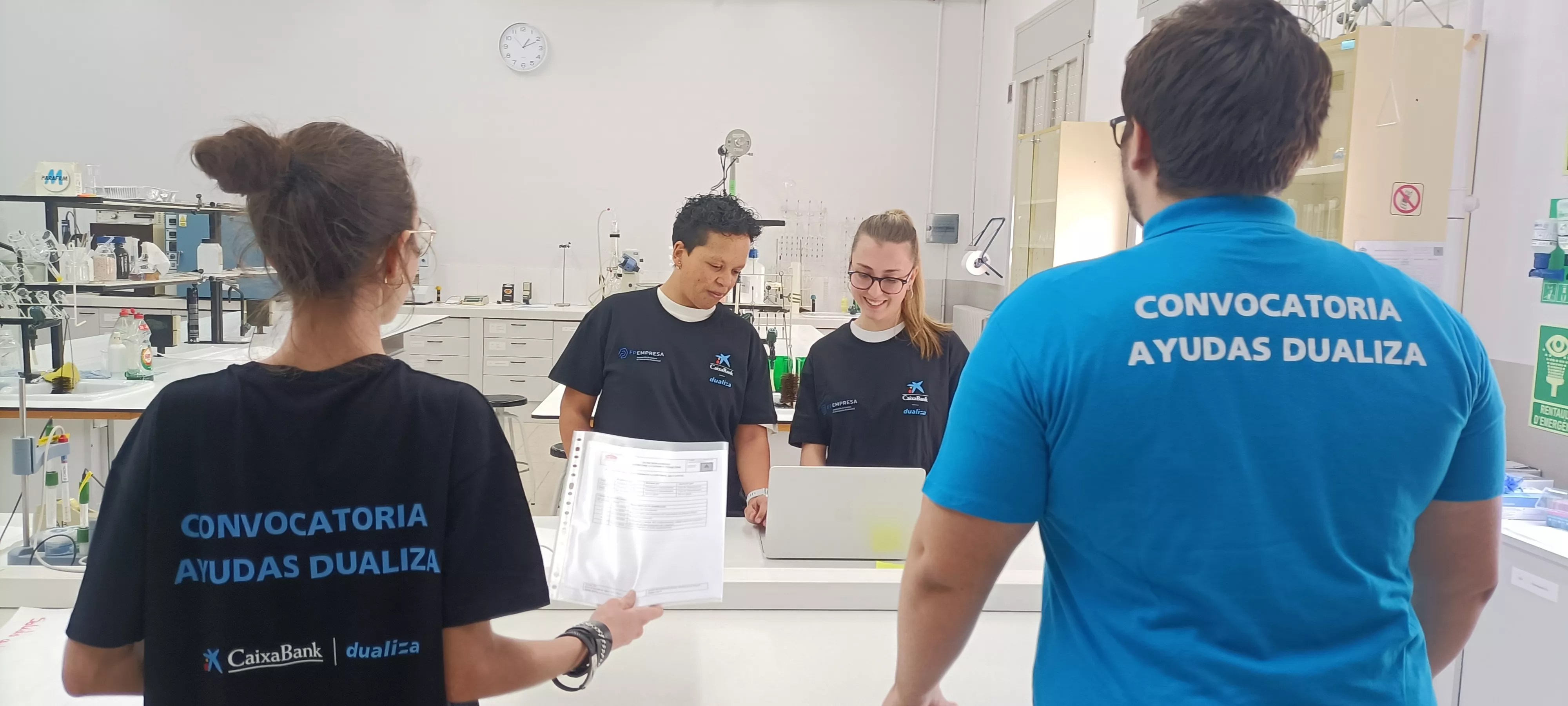In a move that has astonished the home delivery industry, the platform Glovo has declared the cessation of its self-employed worker model, commonly referred to as false self-employment, ultimately deciding to employ its nearly 15,000 delivery personnel in Spain.
Specifically in the Canary Islands, and as per unofficial statistics accessible to this publication, approximately 400 delivery workers in the region are employed in an official capacity. This transition follows years of controversy, penalties, and pressure from the national government. Yolanda Díaz, Minister of Labour and Deputy Prime Minister, recently commended the announcement, asserting that “no enterprise, irrespective of its size or influence, can supersede democracy.”
Tenerife, particularly in its southern regions, has seen a significant presence of such platforms within local eateries and businesses. Some franchises manage to fulfil more than 100 orders daily, whilst others have experienced a remarkable surge in sales. Conversely, a number of delivery workers have expressed discontent with their new status as salaried employees.
Since its introduction to the Canary Islands, Glovo has played a pivotal role in revolutionising the home delivery sub-sector, particularly due to the increased demand following the COVID-19 crisis. Juan Carlos Arricivita, vice president of ATA Canarias (an association of self-employed workers), comments: “They have consistently chosen to create false self-employed roles. An individual with a fixed schedule, a company-branded vehicle, and a uniform is essentially an employee.”
Arricivita contends that the situation in the Islands exemplifies a “global trend” in the rise of delivery roles, predominantly featuring young and migrant workers, with the latter characteristic increasingly becoming a “prominent trend.”
The model of employment based on false self-employment has faced numerous criticisms. Inocencio González, general secretary of the Workers’ Commissions (CC.OO.) in the Canary Islands, known as Chencho, remarks that Glovo “has rid itself of all responsibility towards its workers during this period through this type of employment.”
This decision has been prompted by a backdrop of accumulated penalties that currently surpass 200 million euros, linked to labour inspections and unpaid Social Security contributions. “Why has it taken so long? I suppose they must have believed this would not apply to them. Both union and societal pressure, in that context, is what has finally compelled them to adhere to the law,” argues González. In recent days, unions such as CC.OO. have swiftly responded, providing guidance and legal assistance to Glovo employees through a dedicated website. Meanwhile, uncertainty prevails among the riders.
Impact on Workers
For delivery drivers, this alteration presents a fresh challenge. A worker in his 50s, possessing years of experience and operating in the south of the Island, notes the scant information available regarding the new conditions: “We are absolutely in the dark. Everything we receive is unofficial.” Compensation is a contentious issue; while previously he could earn “approximately 2,000 euros per month,” now under the new framework, riders will receive only the base salary.
In this regard, not everything that shines is gold. Of those 2,000 euros mentioned, it should be noted that, as self-employed individuals, they had to deduct various expenses related to their work, such as Social Security fees and the upkeep of the vehicle used for deliveries.
The epicentre of demand
The south emerges as one of the areas where Glovo’s influence is most apparent. Particularly in towns like Adeje and Arona, British tourists constitute a significant portion of the service’s clientele.
“While it is accurate that we also serve residents and locals, there are particular seasons when out of every ten orders, six are placed by someone of British origin,” shares a delivery driver, highlighting the seasonal impact of tourism on home delivery demand.
Economically, Glovo’s effect is considerable. A manager from one of the leading franchises in Costa Adeje reveals that her establishment, well-positioned to offer this service, handles between 100 and 200 orders via the application on a typical day.
She describes how, at peak times, the pressure “escalates,” to the extent of making it “extremely challenging to simultaneously cater to both in-house customers and delivery personnel.”
For local enterprises, Glovo also presents a lucrative opportunity. DIARIO DE AVISOS has interviewed the proprietor of a hamburger restaurant in Adeje, who indicates that he receives “around 40 orders every two days” through the platform. “While our venue is indeed focused on walk-in customers, this is a fantastic alternative for businesses like ours. We merely need to prepare the order,” he explains.
This entrepreneur confidently states that monthly, delivery platforms can generate “between 3,000 and 7,000 additional euros for his establishment.” “Through a well-calibrated strategy, we have become a business recommended by the platform and enjoy a high customer rating.” “We have developed an alternative revenue stream,” he asserts, demonstrating how Glovo can serve as a strategic partner.
















